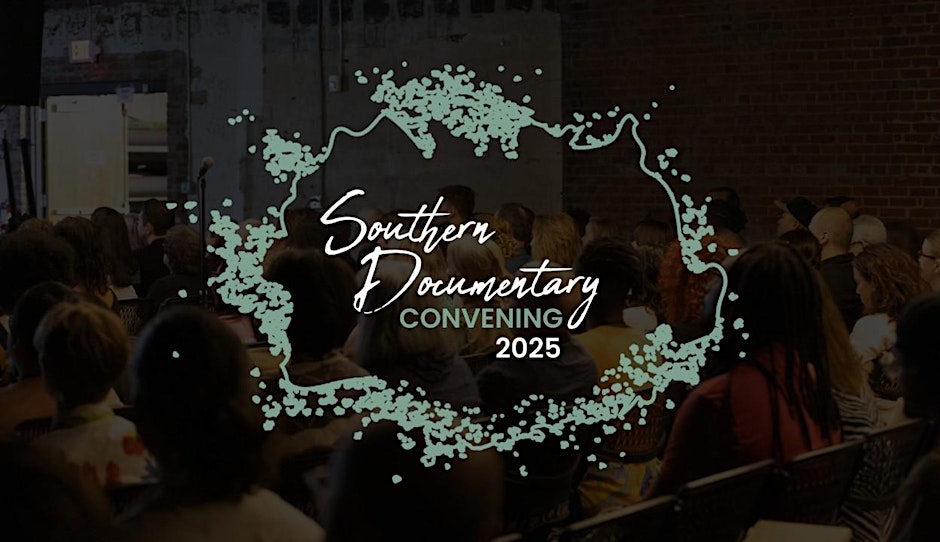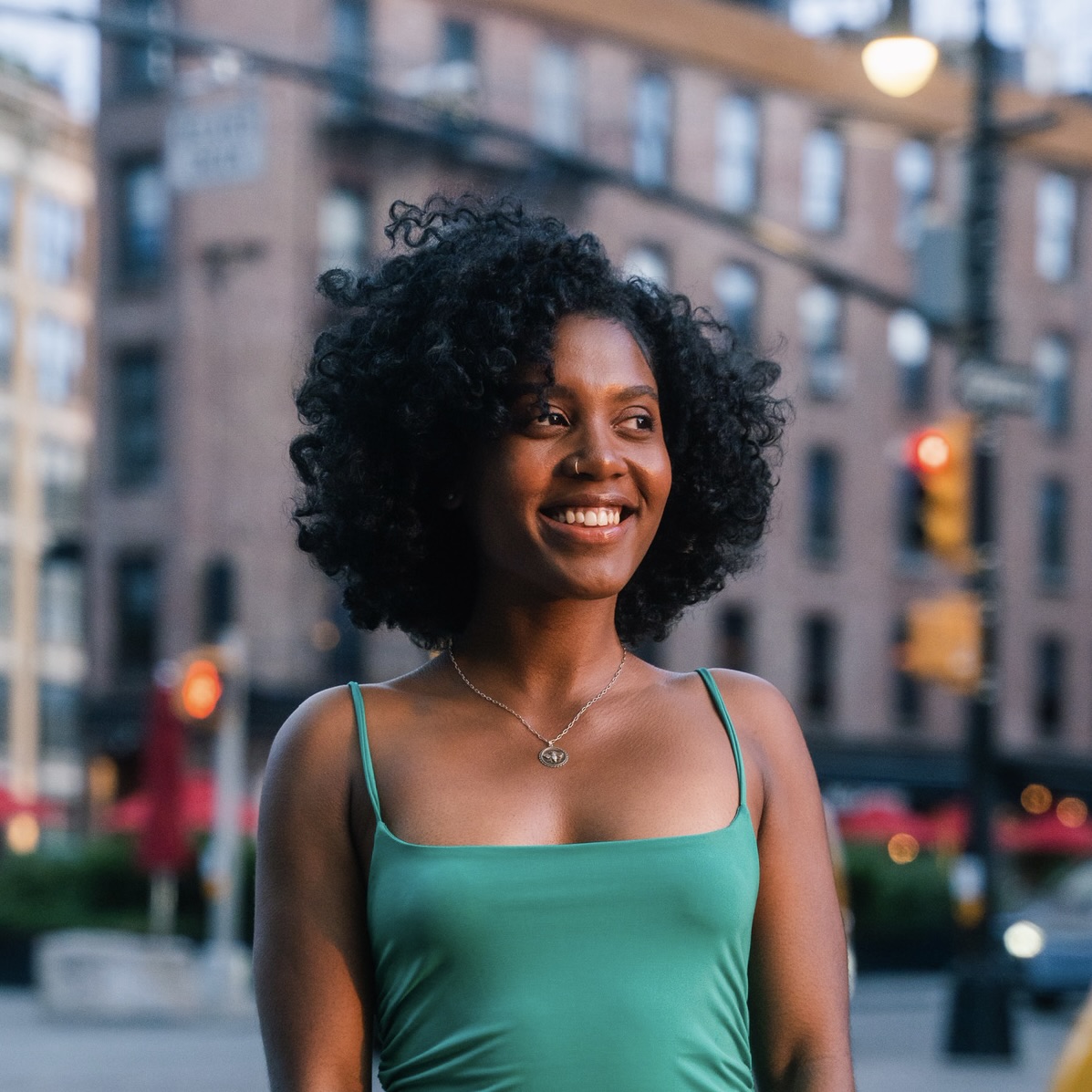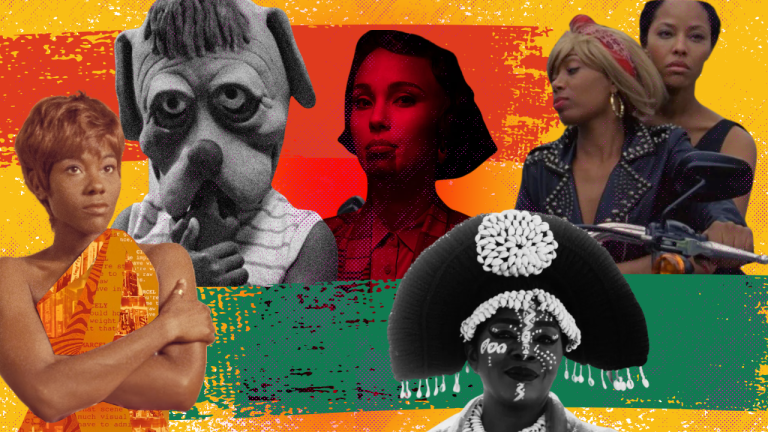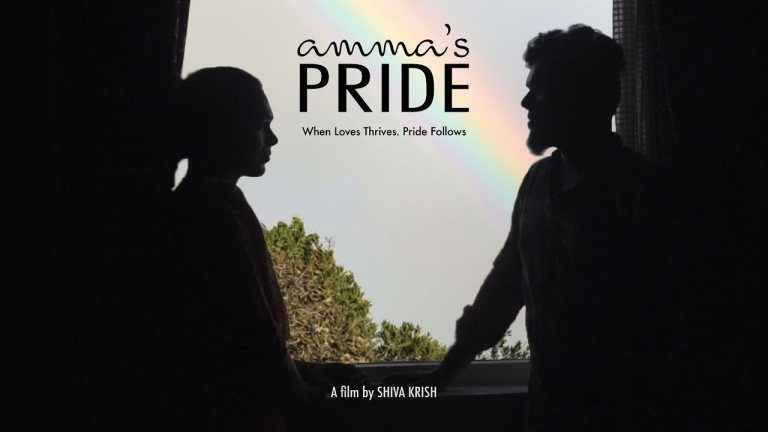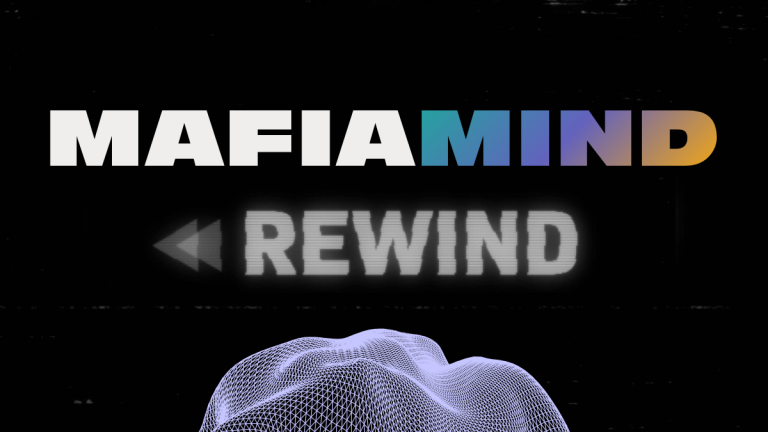
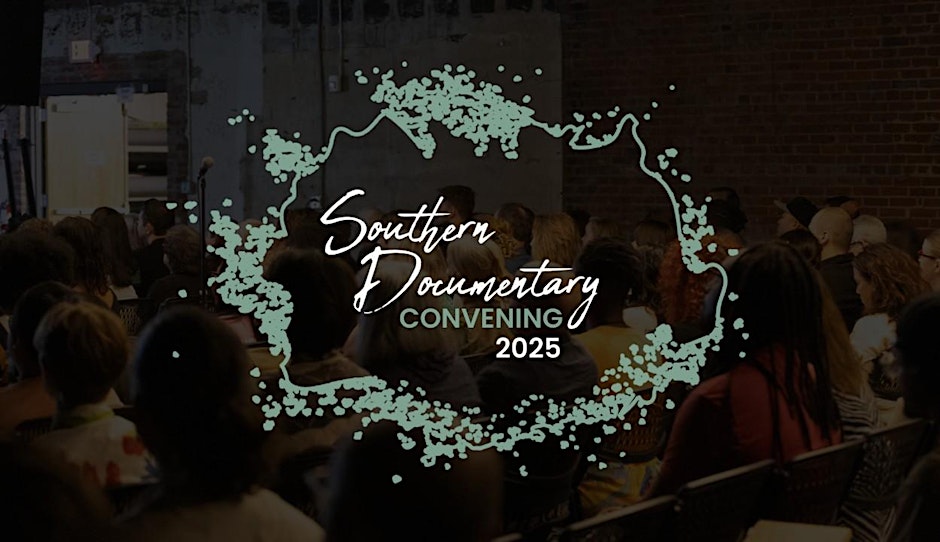
Loria King
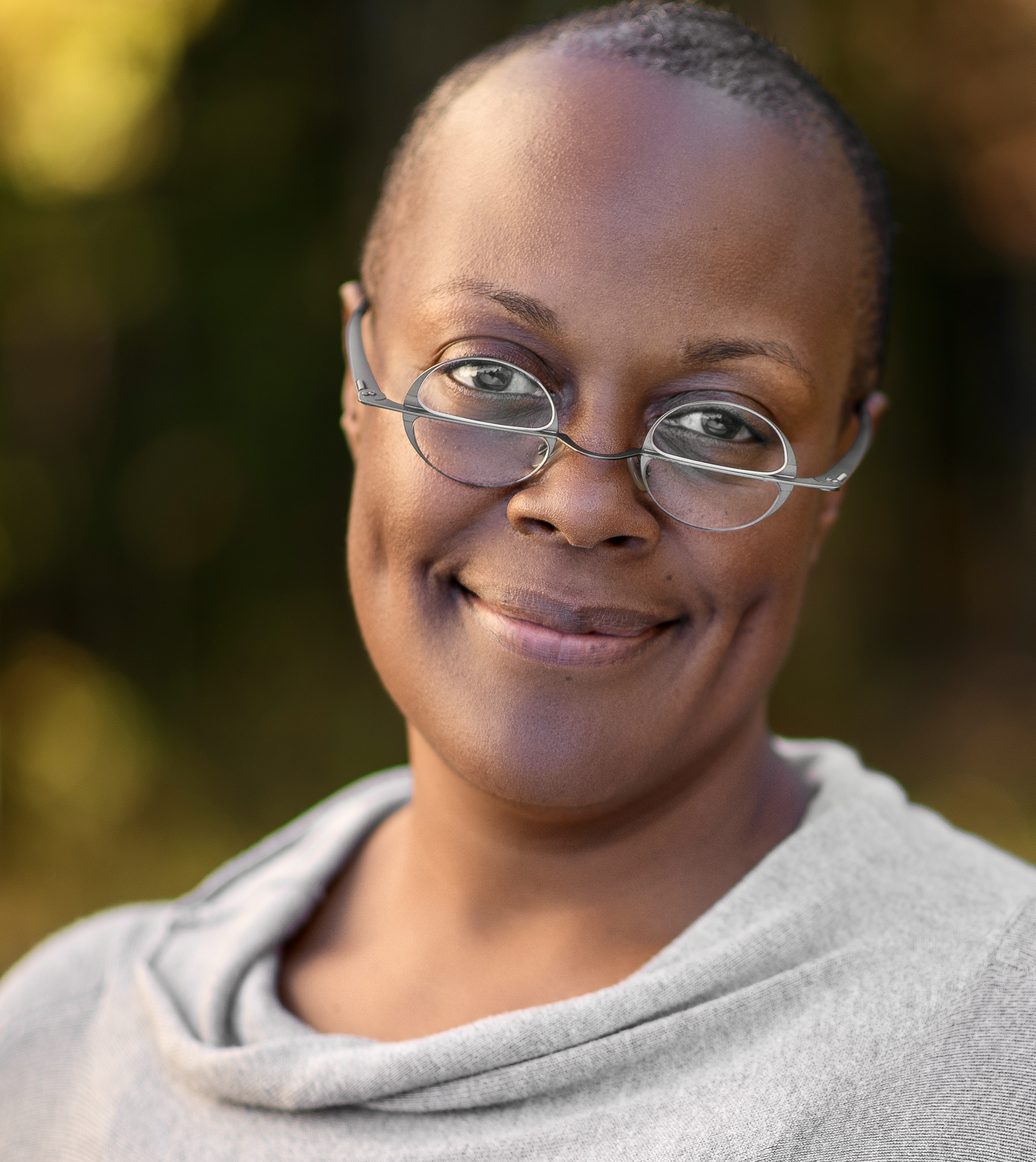 Attending the Southern Documentary Fund Convening was exactly what my spirit and creative practice needed: a sense of community.
Attending the Southern Documentary Fund Convening was exactly what my spirit and creative practice needed: a sense of community.
From the moment I arrived, I felt surrounded by storytellers who truly see each other. I connected with filmmakers at various stages of their careers, from first-time directors to seasoned veterans. The beauty was in the diversity of projects, voices, perspectives, and lived experiences. Each conversation deepened my appreciation for the power of documentary as a tool for truth-telling and transformation.

One of the highlights for me was the roundtable session with industry professionals. Our small group of four was intimate enough to foster honest dialogue. As we shared our works in progress, the feedback we received was thoughtful, specific, and generous. It felt like a moment of deep listening, a rare and affirming experience in this industry.
The panels and workshops were equally valuable, offering practical tools and strategies while also holding space for the tough questions we all wrestle with. I walked away with more clarity, more inspiration, and a few new ideas that I’m already exploring.
We also screened two powerful documentaries, which we had the chance to discuss together afterward. Those moments reminded me just how much magic happens when an audience engages with a story and reflects on it communally.
But the most rewarding part was the intentional care that went into curating options for us to socialize. The organizers provided time and space not just for networking but for genuine connection. I left feeling nourished, seen, reenergized, and, most importantly, a part of a community.
Ireasha Bennett
.JPEG)
The 2025 Southern Documentary Convening—in its ninth year—featured in-person workshops, panels, two film screenings, and multiple networking opportunities for documentary filmmakers. I drove six hours from Philadelphia (with Dino in tow!) with one goal in mind: to glean as much as I can about how to “make it” in documentary film and find funding for my upcoming short film, Backcountry, Red Clay. I left with so much more.
Here are my highlights.
Panels such as Film Festival Strategy for Documentary Filmmakers and The Importance of Creative Collectives were unified in one message: to encourage collaboration and capacity-building across the industry. It is a known fact that the documentary industry is rife with inequity. However, a paradigm shift to equity is as simple as hosting monthly in-person or virtual WIP feedback sessions or meet-ups with other filmmakers. It is as intentional as emailing a programmer to advocate for the value of your film to get a fee waiver to submit to a film festival. Creative collectives can be a buffer to the financial scarcity that plagues filmmaking. They can promote a sense of self-determination within a film community by providing opportunities to share resources, skills, and support.
Here, I want to take a moment to shoutout the Director of Photography for Backcountry, Red Clay cai thomas, who has always been a note-passer and connector. I have known cai to be a person intent on putting folks in connection with one another, sharing resources, and being a creative thought partner for other Black non-fiction filmmakers. This practice of reaching for connection is such a gift in an industry that seems to thrive on sense of financial and creative scarcity. Learn more about cai and her work on her website or follow her on Instagram at @cai.fyi.
In his workshop Beyond the Broadcast: Building Impact with Your Film with Asad Muhammad, the Vice President of Impact and Engagement Strategy at American Documentary/POV, opened his presentation with this quote by Pauli Murray to set the tone of his focus: “And while I could not always suppress the violent thoughts that raged inside me, I would nevertheless dedicate my life to seeking alternatives to physical violence, and would wrestle continually with the problem of transforming psychic violence into creative energy.”
In a similar vein with cai and Pauli Murray, for Muhammad, building impact through documentary film is more than half-assed community engagement or a one-off event. Instead, impact campaigns are world-building efforts sustained through long-term investments in community safety, care, and commitment to truth on every level of a campaign. Below he shares how this shows up in his work at American Documentary/POV:
I’m looking at impact from all different ways. I'm interested in how the contracts are set up. I'm interested in participant care. I'm interested in how we support small businesses when we hold events. Who's doing the food? What is accessibility looking like? There's all these considerations when you're trying to make a difference, but it really comes down to loving on people and loving on a film.
He underscored the importance of care—Participant care, Audience care, and Self Care—as key to incorporate throughout impact campaigns. What makes documentary profoundly impactful is that it a storytelling mode rooted in real people, real places, and real stories. Because of this, we must handle ourselves and each other with care—from the conceptualization to the completion of a film. The ethics of care is at-times antithetical to the culture of filmmaking, which is an industry still very-much rooted in capitalism. At the end of the day, stories become product. So, how do we handle each other with care? Think about the longevity of a story—not just the timeliness of it but how your film can be carried by the people whose stories, homes, and experiences you’ve captured.
Another workshop that I hold close to my heart is What Are We Asking of Each Other?: Boundaries Between Director and Participant, led by Malikkah Rollins, Director of Industry and Education at DOC NYC. Rollins is also the Co-Founder of DocuMentality, an initiative that aims to “create dialogue and collaborative change to the key mental health and well-being challenges currently facing the documentary community: filmmakers, crew, and participants.” In 2024, they published their first research report, The Price of Passion: How Our Love of Documentary Filmmaking Impacts Our Mental health. The research showed the scale of how much mental health impacts the documentary ecosystem.
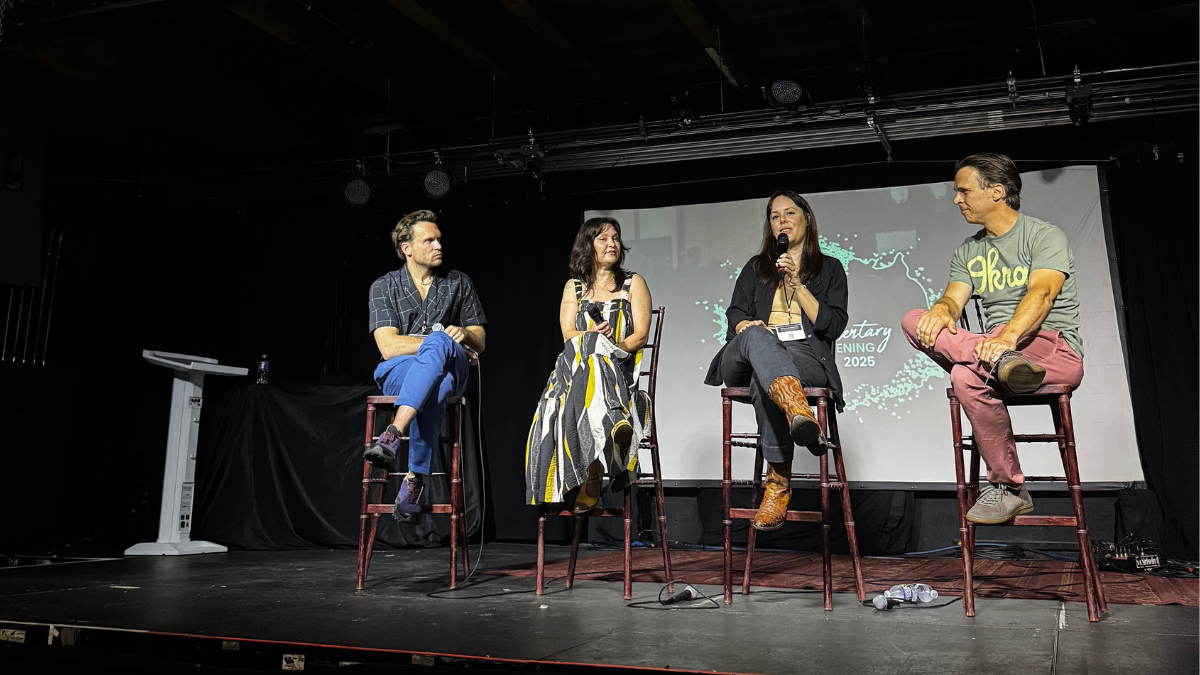
Throughout the workshop, Rollins provided a detailed breakdown of how important boundaries and consent are to establishing accountability in a documentary relationship. She underscored that directors must initiate clear boundaries and communications with participants to ensure enmeshment does not happen. Rollin also highlighted how important it is for directors to acknowledge the power they have as filmmakers to build trust with vulnerable participants.
The convening contained film screenings of two films. The first night contained a screening of The In Between and a Q&A with the filmmaker Robie Flores. The In Between is a personal documentary that follows Flores returning home after the death of her brother and reconnecting to his spirit through his personal archive. The film centers grief without centering on the death and loss of her brother, but on his presence that still lives throughout the archive he left behind.
The second night ended with a screening of King Coal by Elaine McMillion Sheldon. It is a feature-length documentary about the connection between the coal-mining industry with identity, history, and culture in the Appalachian trail. It was lyrical and spiritually evocative. The films reminded me that life is a series of precious moments we assign meaning and value to which becomes our purpose. Both films are a testament and testimony of that truth.
This trip to Durham was made possible by the passes I received from Brown Girls Doc Mafia, a global, multiracial network of women and nonbinary filmmakers and media professionals. I feel super proud to have experienced the connective and generative spirit of Southern documentary community in Durham!


